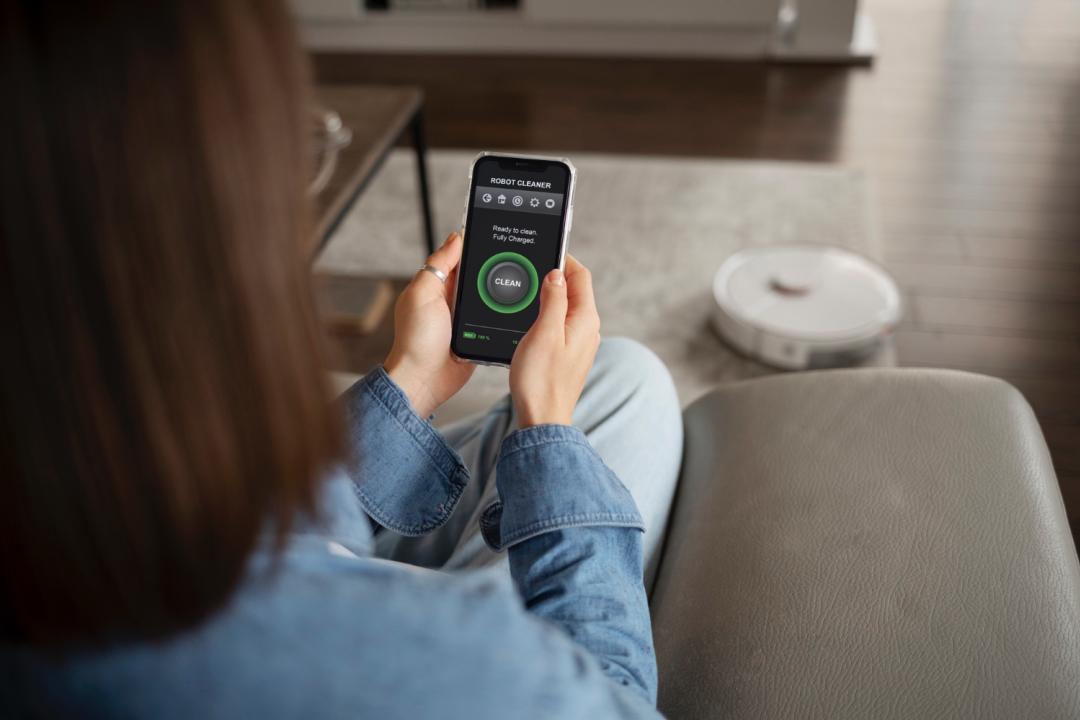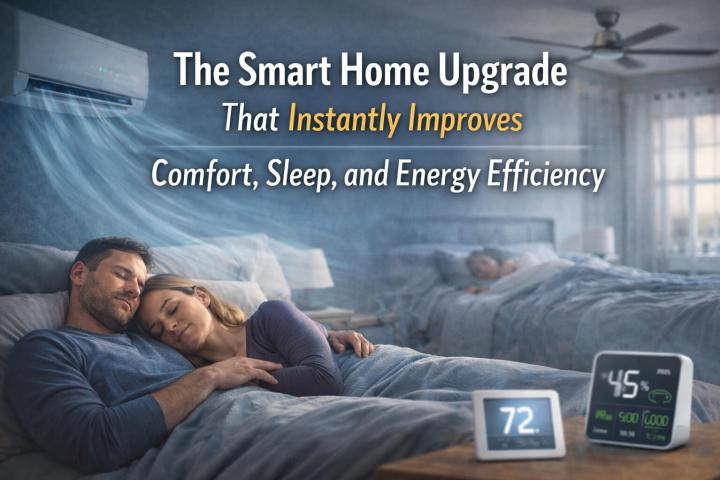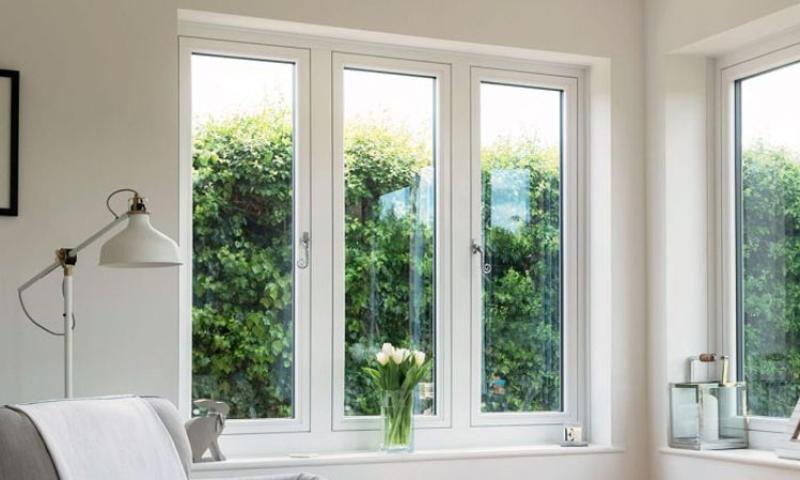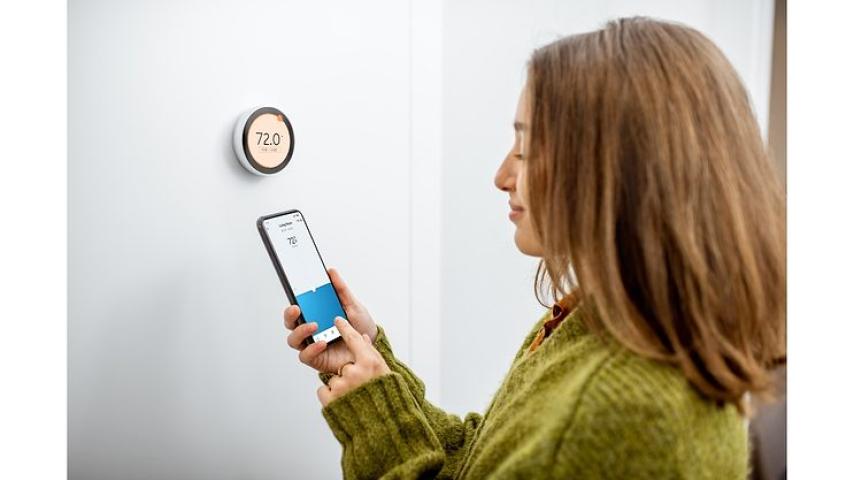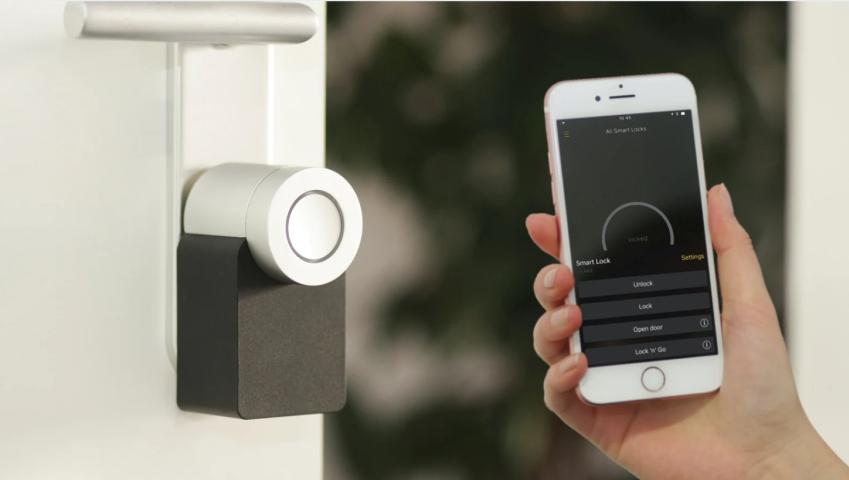Home automation is no longer a futuristic concept—it’s today’s reality, reshaping the way people interact with their living spaces. From voice-activated lighting to fully integrated energy management systems, smart homes offer comfort, efficiency, and security. This transformation is opening up exciting opportunities for entrepreneurs ready to innovate in a rapidly growing industry.
What Is Home Automation?
Home automation, or domotics, refers to the use of technology to control and automate household systems such as lighting, climate control, entertainment, security, and appliances. These systems can be managed remotely via smartphones, tablets, or voice assistants like Amazon Alexa, Google Assistant, and Apple Siri.
The primary benefits include:
Convenience – Automate routines like morning wake-ups or nighttime security.
Energy Efficiency – Monitor and reduce electricity consumption with smart thermostats and lights.
Security – Get real-time alerts and remote access to cameras and door locks.
Accessibility – Assist the elderly or people with disabilities in managing daily tasks.
Key Players and Ecosystems
When considering smart home options, it's helpful to understand the main ecosystems and device types:
Voice Assistants & Hubs: Amazon Echo (Alexa), Google Nest Hub (Assistant), Apple HomePod (Siri)
Lighting Systems: Philips Hue, LIFX, Nanoleaf
Thermostats: Nest, Ecobee, Honeywell
Security Devices: Ring, Arlo, SimpliSafe
Automation Platforms: Home Assistant, SmartThings, Apple HomeKit
Each of these systems offers a mix of proprietary and open-source solutions, and some work better within specific ecosystems, which can influence compatibility and integration.
Starting a Smart Home Startup
The home automation market is expected to grow substantially in the next decade, driven by demand for smarter energy use and heightened security. Launching a startup in this space can take several directions:
1. Product Development
Create a new smart device that solves a specific problem—perhaps a smarter irrigation system, a modular energy monitor, or AI-based lighting scenes. Hardware startups can face higher upfront costs, but niche innovation often attracts investors and loyal users.
2. Software & Integration
Build an app or platform that unifies multiple smart devices regardless of brand. Many consumers struggle with fragmented control, so a streamlined, user-friendly interface has strong market potential.
3. Installation & Support Services
Not everyone is tech-savvy. Offering local smart home consulting, installation, and troubleshooting services can be a lucrative business, especially in suburban or aging communities.
4. Specialized Use Cases
Focus on specific demographics, such as smart home solutions for assisted living, remote caregivers, or eco-conscious homeowners. Custom solutions that deeply understand user needs often outperform generic ones.
Tips for Building Your Startup
Validate with MVPs: Start lean. Test with a minimum viable product or pilot service to gather real-world feedback.
Focus on Security: Privacy concerns are high in home tech. Prioritize secure data handling and transparent practices.
Form Strategic Partnerships: Align with device manufacturers, builders, or utility providers for faster adoption.
Consider Scalability Early: Think about how your solution can grow across platforms, regions, or integrations.
Stay Ahead with Standards: Familiarize yourself with Matter and other emerging interoperability standards that shape the future of smart home devices.
Final Thoughts
Home automation is more than just turning off lights with a voice command—it’s a gateway to connected living. For tech entrepreneurs, it offers a playground rich with possibilities. Whether building the next smart device or offering services that bridge the gap between people and technology, the smart home revolution is just getting started—and it’s a great time to join in.
